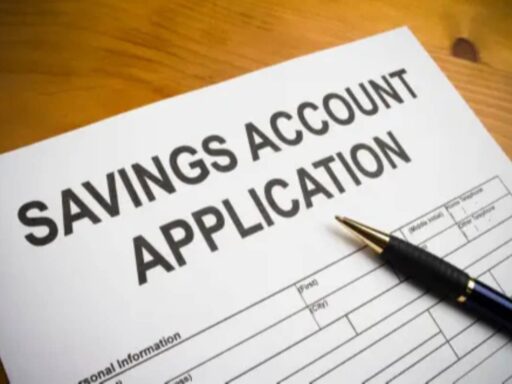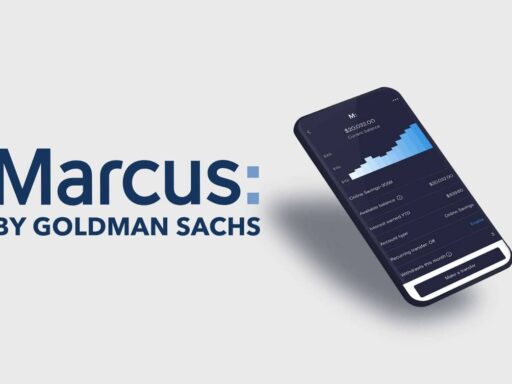As a non-US citizen, you may need to open a bank account in the United States for various reasons, such as work, study, or personal finances. While the process may be more complex compared to US citizens, it is still possible to open a bank account in the US as a foreigner.
Here’s what you need to know about the requirements and steps involved.
Can a Foreigner Open a Bank Account in the U.S.?
Yes, non-US citizens can open a bank account in the United States. However, the process is more complex and requires additional documentation compared to US citizens. Here are the key steps and requirements:
Required Documents
- Proof of Identity: A valid government-issued identification with a photograph, such as a passport, green card, or border crossing card.
- Proof of Address: A utility bill, letter, or other document showing your current U.S. address.
- Identification Number: A Social Security number (SSN) or an Individual Taxpayer Identification Number (ITIN).
- Initial Deposit: The minimum amount varies by bank, but it can range from $50 to $3,000 or more.
Alternative Identification Options
For non-residents, some banks and credit unions accept alternative forms of identification, such as:
- ITIN: Required for non-residents to provide information to the IRS for tax-reporting purposes.
- Consular Identification (CID) Card: Accepted by some banks.
- Other Government-Issued ID: From your home country that includes a photo.
How to Get an ITIN
To apply for an ITIN, you need to fill out Form W-7 and submit it with the required documentation to the IRS. This includes proof of identity, foreign status, and other supporting documents.
The Benefits of Opening a Bank Account
Opening a bank account in the U.S. offers several benefits:
- FDIC Insurance: Deposits up to $250,000 are insured by the Federal Deposit Insurance Corporation (FDIC).
- Lower Fees: Avoid excessive fees for check-cashing services.
- Financial History: Building a financial history in the U.S. can be beneficial for future financial transactions.
- Direct Deposits: Set up direct deposits with your employer for a convenient and secure way to receive payments.
Banks and Credit Unions That Accept Alternative IDs
Some banks and credit unions that accept alternative IDs include:
- Bank of America
- Alliant Credit Union
- HSBC
While the process of opening a bank account in the U.S. as a non-US citizen is more complex, it is possible with the right documentation and identification. Understanding the requirements and benefits can help you navigate the process successfully and enjoy the advantages of having a U.S.-based bank account.




